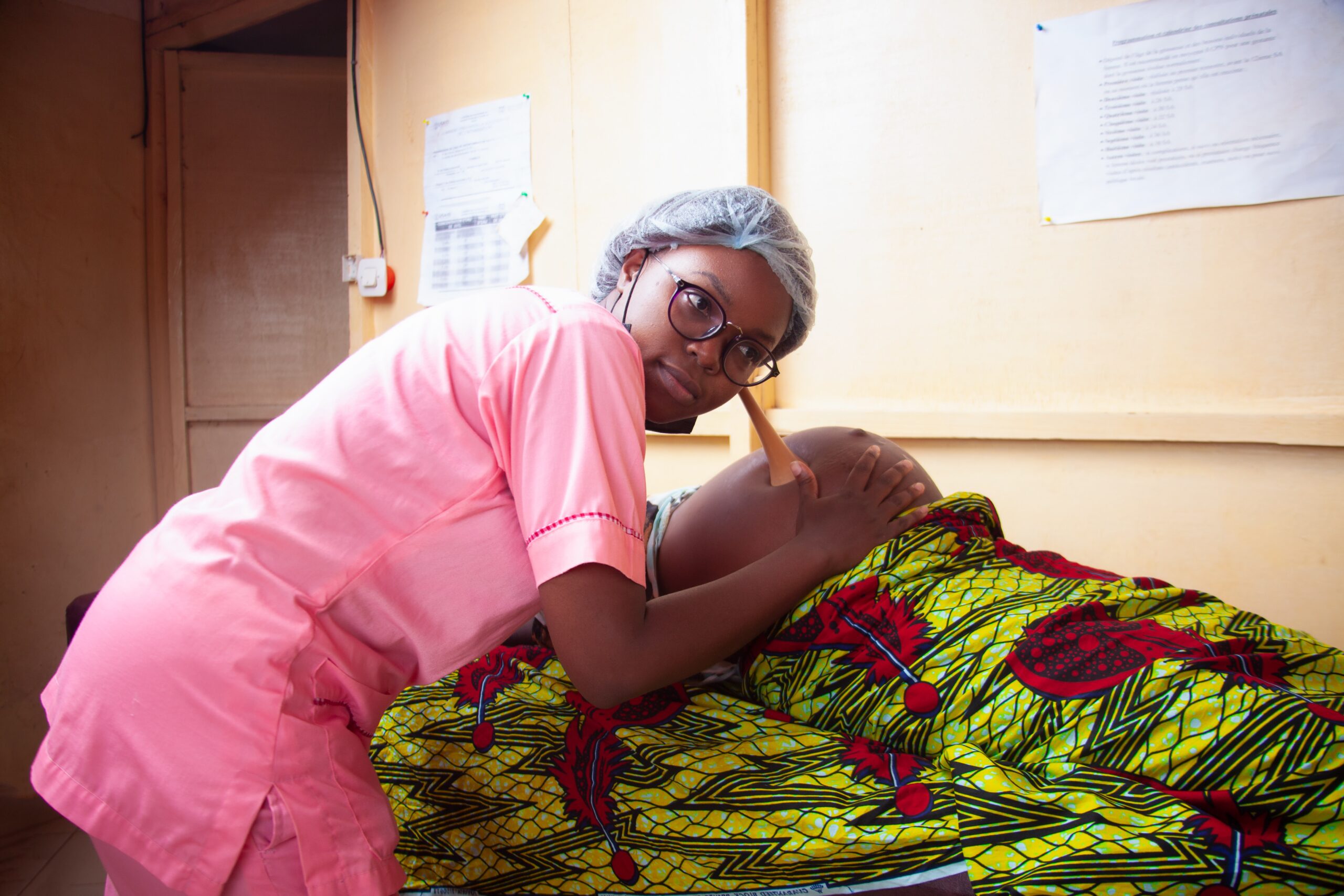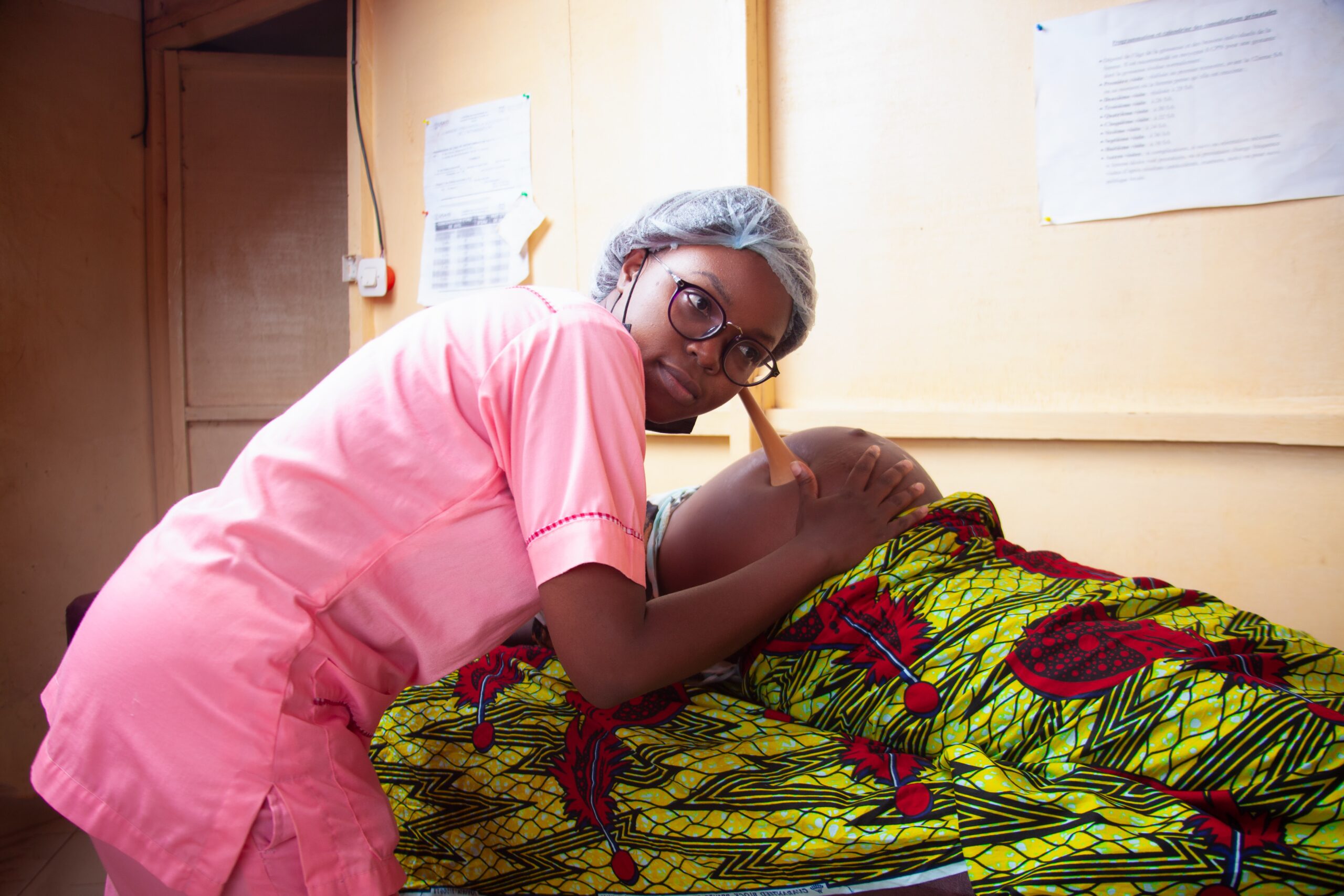Introduction
Congratulations on your pregnancy! The journey of pregnancy is an incredible and transformative experience for both the mother and the baby. As you embark on this beautiful journey, it’s important to stay informed about the changes happening in your body and the development of your growing baby. In this comprehensive guide, we will take you through each week of pregnancy, highlighting the key milestones and providing you with helpful tips and insights.
Week 1-4 The Beginning
During the first four weeks of pregnancy, you may not even realize you’re pregnant. This is because the calculation of pregnancy starts from the first day of your last menstrual period. The fertilization of the egg by sperm usually occurs around the end of week 2, and by week 4, the fertilized egg implants itself into the uterine lining.
Some common symptoms during this time include fatigue, breast tenderness, and mild nausea. It’s important to start taking prenatal vitamins and make any necessary lifestyle changes, such as avoiding alcohol and tobacco.
Week 5-8: Organ Development
By week 5, your baby’s heart begins to beat, and by week 8, all major organs have started to form. This is a critical period of development, and it’s important to eat a balanced diet and avoid any harmful substances.
You may experience symptoms like morning sickness, increased urination, and mood swings. It’s essential to listen to your body and rest when needed. Regular prenatal check-ups and screenings are also important during this time.
Week 9-12: Baby Bump
As you enter the second trimester, your baby’s body starts to grow rapidly. By week 12, your baby is about the size of a plum. You may start noticing a baby bump and feel more energetic.
During this time, it’s important to continue with a healthy diet and exercise routine. You may also want to start thinking about maternity clothes and planning for the future.
Week 13-16: Feeling the Movements
By week 16, you may start feeling your baby’s movements, known as quickening. These gentle flutters are an exciting milestone in your pregnancy journey.
It’s important to continue eating a nutritious diet and staying active. Regular prenatal check-ups and screenings are crucial to monitor the baby’s growth and development.

Week 17-20: Halfway There
As you reach the halfway mark of your pregnancy, your baby is growing rapidly. By week 20, your baby is about the size of a banana. You may also have your mid-pregnancy ultrasound during this time.
It’s important to continue with a healthy lifestyle, including regular exercise and a balanced diet. You may also want to start preparing for the baby’s arrival by setting up the nursery and attending childbirth classes.
Week 21-24: Viability
By week 24, your baby reaches the stage of viability, which means that there is a chance of survival outside the womb. Your baby’s senses are developing, and they can now hear your voice and the sounds around them.
It’s important to continue taking care of yourself and attending regular prenatal check-ups. You may also want to start thinking about your birth plan and discussing it with your healthcare provider.
Week 25-28: Third Trimester Begins
As you enter the third trimester, your baby’s growth continues. By week 28, your baby’s eyes can open and close, and they are gaining more weight.
During this time, it’s important to monitor your blood pressure and watch out for any signs of preterm labor. You may also experience symptoms like backache and difficulty sleeping.
Week 29-32: Baby’s Position
By week 32, your baby is likely to settle into a head-down position in preparation for birth. You may start feeling more frequent and stronger Braxton Hicks contractions.
It’s important to continue attending regular prenatal check-ups and discussing any concerns with your healthcare provider. You may also want to start packing your hospital bag and finalizing your birth plan.
Week 33-36: Final Countdown
As you approach the final weeks of pregnancy, your baby’s growth slows down. They are getting ready for the outside world and preparing for birth.
During this time, it’s important to monitor your baby’s movements and contact your healthcare provider if you notice any changes. You may also experience symptoms like shortness of breath and frequent urination.
Week 37-40: Full Term
By week 37, your baby is considered full-term and ready for birth. However, it’s common for babies to arrive a little before or after their due date.
During these final weeks, it’s important to take care of yourself and rest as much as possible. Make sure you have all the essentials ready for the baby’s arrival, including a car seat and a safe sleeping environment.
Conclusion
Pregnancy is a remarkable journey filled with excitement, joy, and challenges. By staying informed about the changes happening in your body and the development of your baby, you can navigate this journey with confidence and ease. Remember to listen to your body, seek support when needed, and enjoy the incredible experience of bringing new life into the world. More Health Articles?

